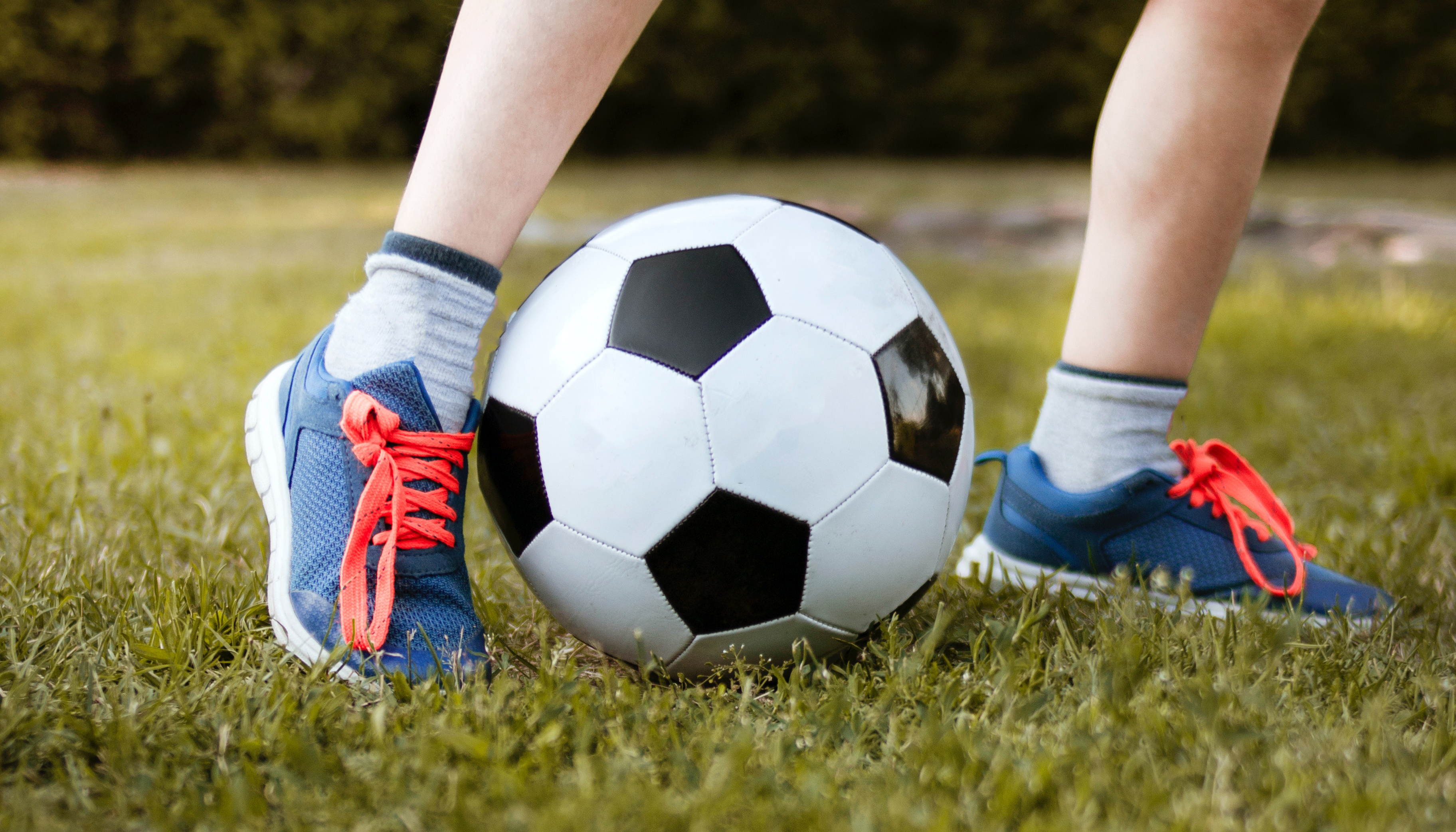
How Neuroscience can help build resilient kids
Why do some children handle the pressure of school and assessment better than others? When one child experiences a setback, why do they stop, and another child continues unphased?
As parents and teachers together, we all want our children to be resilient, to thrive and not just survive. But how can we encourage resilience?
Resilience research has been expanding as our knowledge of the brain develops. The area advancing this understanding is neuroscience. Neuroscience studies the nervous system and the brain's cognitive functions that impact behaviour and people's thoughts. It is a multidisciplinary science that includes physiology, anatomy, molecular biology, and more. It helps us understand how our brains think and impact our bodies and our overall wellness.
Of significance is the research that has revealed a connection between stress and resilience. In the past fifteen years, there has been a continuing decline in the number of primary and secondary students who say, 'I am confident when doing difficult schoolwork' (SEWB data to 2017). Coincidingly the number of students stating 'I feel very stressed' has almost doubled in this time to 49% of students (SEWB data to 2017). Why is this happening, and how can we combat this trend as a community?
Neuroimaging has revealed how the brain responds to stress and threats. Deep within the brain lies the limbic system created to react/respond to danger using fight, flight and freeze. Currently, our children have few tools to manage what they perceive as a threat, unlike our ancestors, who could hide in their homes away from danger. Understanding the basics of neuroscience could empower us to share with our children strategies and remove the perceived fear and shame associated with wanting to give up.
Specifically, understanding the role of the amygdala (the switching station for brain traffic flow) between the lower reactive and upper executive brain structures provides insight into the ability of the brain to manage challenges, difficulties and setbacks. The mainly automatic amygdala prevents/hijacks the brain's natural flow to the upper prefrontal cortex when it feels threatened/stressed. Therefore, strategies like prayer, mindfulness and breathing calm the amygdala and enable clear thought. An app you may wish to access to help downregulate the amygdala, assist with anxiety, sleeping and breathing is called Calm. You may also want to use a free app called InsightTimer. This app has talks led by the world's top meditation and mindfulness experts, neuroscientists, psychologists, teachers from Stanford, Harvard, the University of Oxford, and more. You will find a section for parents that you may use with your children as you scroll down.
As we consider our children's lack of resilience, the development of executive functions, including self-control, problem solving, planning, reasoning, and thought flexibility, becomes crucial. An understanding of neuroplasticity provides hope for this development. Recent MRI technology reveals the brain's malleability (plasticity) from the cradle to the grave (Doidge, n.d.). Even in the wake of extreme setbacks and trauma.
Neuroplasticity dictates that what we think about most grows. Therefore, a contributing factor to resilience development is self-talk. The impact of positive self-talk/ belief or internal coaching cannot be underestimated when discussing the resilience and well-being of children. Positive self-talk can be encouraged with simple activities like talking to a child about your obstacles and efforts in overcoming and achieving goals. Teach children about the power of 'Yet' (Growth mindset) and that thoughts and internal perspectives can be changed. Explain that many small goals eventually achieve big dreams, and everyone has to follow this process to achieve any extraordinary results. Also, many of the most successful people failed. Celebrate the small goals and the child's positive attitude towards facing their fears.
There are structured activities and programs which we can employ to help tackle these mindset shifts, but we can also coach in the moment by pulling them up on their fixed mindset. When they want to give up, coach them with, "I know you can't do this yet, but I believe you will soon". Moreover, establish a learning environment that celebrates working towards goals, not just achieving them.
WRITTEN BY CHC Counselling
